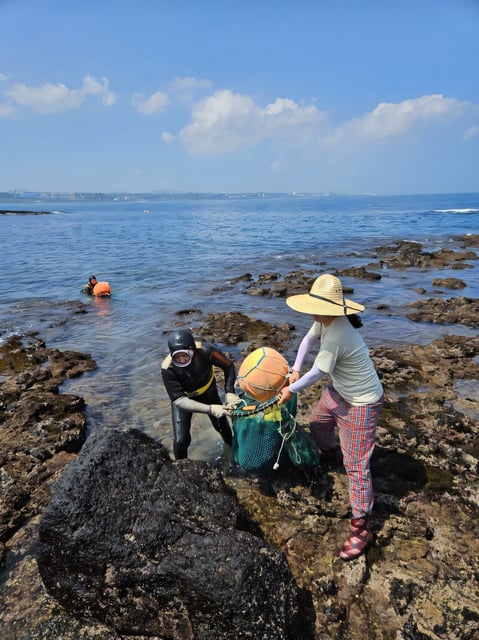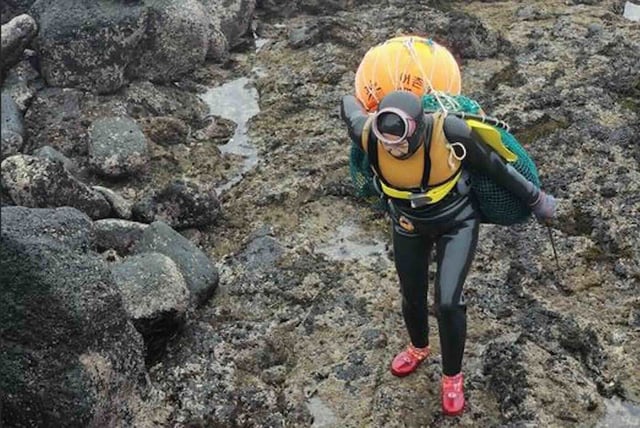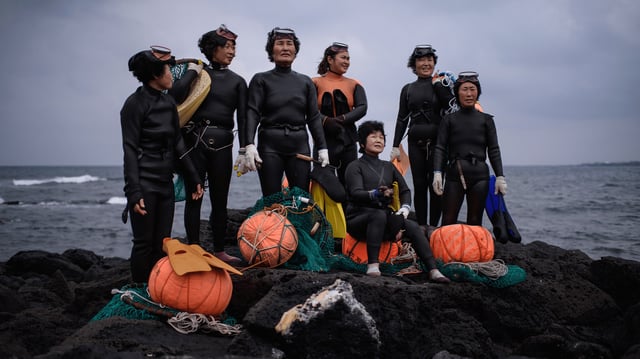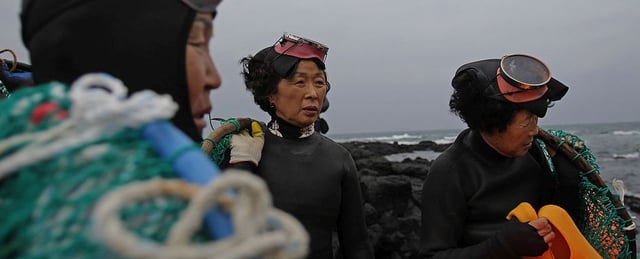Overview
- The May 2, 2025 study in *Cell Reports* analyzed genomes and dive responses of 30 Haenyeo, 30 non-divers from Jeju, and 31 mainland Koreans, uncovering genetic adaptations unique to Jeju Island residents.
- Jeju natives show a gene variant linked to lower diastolic blood pressure, occurring in 33% of the population compared to single-digit percentages on the mainland, potentially reducing risks during pregnancy and diving.
- Additional genetic variants associated with cold tolerance and pain sensitivity were identified, supporting the Haenyeo’s ability to dive year-round in frigid waters.
- Lifelong diving training enhances bradycardia, with Haenyeo showing significantly greater heart rate drops during simulated dives compared to non-divers, highlighting the interplay of culture and biology.
- Researchers are investigating how these adaptations could inform treatments for hypertension, preeclampsia, and stroke, as Jeju has notably low stroke mortality rates.



